
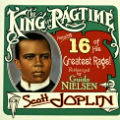
After opening remarks by Howard Dodson, director of the Schomberg Center, and George Steel of the New York City Opera, the program began with two Joplin tunes performed on the piano by noted Joplin scholar Roy Eaton. He used a quiet etude “Solace” and the honky tonk “Maple Leaf Rag” to illustrate the broad range of Joplin’s sensibility.
He then hosted an evening that looked at Joplin the composer in the context of the traditions of classical music and also his place in the post Civil War history of African Americans. The program included poetry from Joplin’s time delivered by actors LeRoy McClain and Susan Heyward. These were interspersed with selections from Treemonisha.
While the arias and ensembles from the opera formed the core of the evening, they were not performed sequentially as they occur in the opera, but rather grouped by theme. Still, between the poetry of Harlem, where Joplin spent the last years of his life, and contextual comments by Eaton, we got a distinct feeling for both the opera and its history.
While Bartok was wandering around the countryside recording folk music in Europe, composers in the US rejected Joplin’s inclusion of the contemporary vernacular — ragtime, folk music, spirituals and call and response. Yet Debussy liked Joplin’s music so much that he wrote the Golliwogg’s Cakewalk including Joplin’s ragtime tunes and rhythms.
Joplin’s completion of Treemonisha was announced in the New York Age in May of 1911. “An opera in three acts is the latest contribution to the musical world by a colored composer.” When Joplin published the score in 1911, the opera was heralded by The American Musician as an important new work, “comparable to Dvorak’s music in its appropriation of American themes.”
After the first production of the opera failed to make it to opening night, Joplin produced the opera himself for a single performance in 1915, to utter critical silence.
Joplin’s music lay dormant until 1970 when Joshua Rifkin, a composer, musicologist and performing pianist, recorded his rags. A year later, T. J. Anderson reconstructed Treemonisha for performance in Atlanta, Georgia during the 1971-2 opera season. It was conducted by choreographer Katherine Dunham. The audience response was lively, including dancing in the aisles!
Since then the opera has had a successful run on Broadway, and later performances by the Houston Grand Opera and the Collegiate Chorale in an arrangement by Gunther Schuller.
On stage at the Schomberg, Kenneth Overton sang dual roles of Zodzetrick and Parson Alltalk, an opportunity to exhibit first-rate acting skills which complement a rich voice, full of subtlety. Overton is clearly a versatile and intelligent baritone.
Krysty Swann, a charming mezzo-soprano with a large, warm voice, made a splash last fall at the Opera Orchestra of New York’s concert presentation of Cavalleria rusticana, when she rose to the challenge of seducing Roberto Alagna. As Treemonisha’s mother Monisha she was particularly moving in “The Sacred Tree.”
Robert Mack sang the showstopper “Wrong is Never Right” in his soaring tenor. The evening wrapped with the stirring “A Real Slow Drag,” in which Treemonisha is asked to become leader of the community. Marsha Thompson sang the lead role in a delightful soprano and Kevin Thompson intoned Ned in a deep, deep bass.
For the choral number “We Will Trust You as Our Leader,” the program resorted to the 1975 recording by the Houston Grand Opera. Three students from Martin Luther King Jr. high school recited their takes on the opera, responses which were developed in the City Opera’s school program.
Unusual programs like this one suggest that life will go on at NYCO. Now all they need is a home.














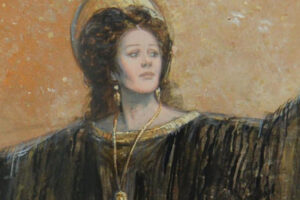
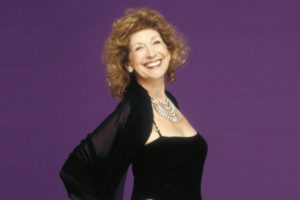
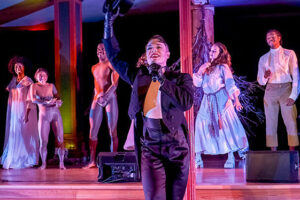
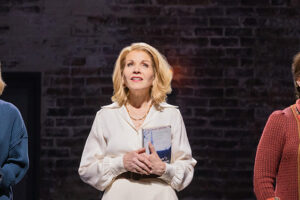





Comments